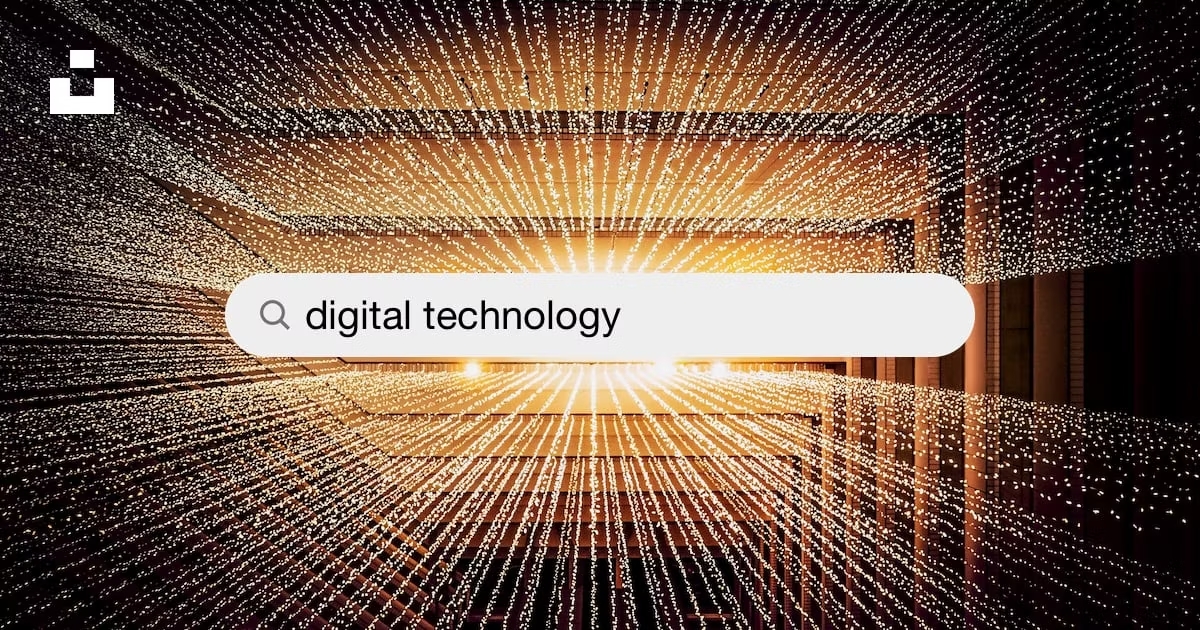Digital Technology in UPSC Preparation:5 Impact
The UPSC examination is one of India’s most prestigious and competitive exams. However, in recent years, the role of digital technology in UPSC preparation has emerged as a game-changer. Also, the role of digital technology is revolutionising the way aspirants prepare for this formidable examination. Each year, thousands of aspirants vie for a limited number of positions in the civil services. Thus, making UPSC preparation a rigorous and demanding journey. In this blog, we will explore the profound role of digital technology in UPSC preparation and how it has made the pursuit of this dream more accessible and efficient. We will delve into various aspects of this transformation, highlighting the positive changes it has brought about.
Digital Technology in UPSC Preparation: Impact
Digital Learning Platforms
Digital learning platforms have become a cornerstone of UPSC preparation. Gone are the days of solely relying on traditional textbooks and classroom coaching. Today, aspirants have access to a vast array of online courses, video lectures, and e-books that cover every aspect of the UPSC syllabus. Thus, digital technology in UPSC preparation is fast becoming the norm.
These platforms not only provide comprehensive study material but also offer the flexibility to learn at one’s own pace. Aspirants can choose from a wide range of courses tailored to their needs, making quality education accessible to everyone. Many successful UPSC toppers credit these platforms for their success, emphasizing the role of digital technology in UPSC preparation in achieving their goals.
Mobile Apps and UPSC
The ubiquity of smartphones has also played a pivotal role in UPSC preparation. Mobile apps designed specifically for UPSC aspirants offer a myriad of features, from daily current affairs updates to mock tests and quizzes. These apps provide a convenient way to stay updated with the latest news and test one’s knowledge on the go.
The flexibility that mobile apps offer cannot be overstated. Whether you’re commuting, waiting in a queue, or simply having a few minutes to spare, you can engage in productive UPSC preparation. These apps have made studying more dynamic and efficient, turning idle moments into valuable learning opportunities.
Social Media and UPSC
Social media platforms have emerged as unexpected but invaluable resources for UPSC aspirants. Platforms like YouTube, Telegram, WhatsApp, and others have become hubs for sharing study materials, and strategies and forming study groups. Aspirants can now access a treasure trove of free content, including lectures, discussions, and notes, all contributed by the UPSC community.
What sets social media apart is its ability to foster a sense of camaraderie among aspirants. The UPSC journey can be isolating, but with the support of these online communities, aspirants can share their experiences, seek guidance, and motivate each other.
Artificial Intelligence and UPSC
Artificial Intelligence (AI) is another technological marvel that has found its way into UPSC preparation. AI-powered tools are now being used to create personalised study plans and analyze an aspirant’s performance. These tools offer insights into strengths and weaknesses, helping aspirants optimize their study strategies applying digital technology in UPSC preparation.
One of the most significant contributions of AI is in the analysis of previous year’s question papers. By analyzing patterns and trends, AI can predict the areas from which questions are likely to be asked. This predictive analysis has proven invaluable in helping aspirants focus their efforts efficiently.
Moreover, AI chatbots are available to resolve queries instantly, eliminating the need to wait for assistance. They provide immediate clarification and guidance, ensuring that no doubts linger unanswered.
Challenges and Ethical Considerations
While digital technology in UPSC preparation has undoubtedly enhanced efforts in UPSC preparation, it comes with its own set of challenges. The abundance of online information can lead to information overload, making it essential for aspirants to curate their study materials wisely. Distractions, such as social media and streaming services, can also hinder productive study sessions.
Moreover, there is a growing concern about ethical considerations in the age of technology. Some aspirants may be tempted to take shortcuts, like using AI-generated answers or engaging in unethical practices. It’s crucial to emphasise that the UPSC values integrity and expects candidates to uphold high ethical standards throughout their journey.
Conclusion
The role of digital technology in UPSC preparation cannot be overstated. It has democratised access to quality education, provided flexibility and convenience, and offered invaluable support through communities and AI-powered tools. However, it’s important to remember that while technology is a powerful tool, success in the UPSC exam ultimately depends on dedication, hard work, and ethical conduct.
Aspiring civil servants should embrace digital technology in UPSC preparation wisely, making it an ally in their journey rather than a distraction. With the right blend of traditional rigour and technological assistance, UPSC aspirants can confidently navigate the path towards their dreams of serving the nation through civil services. The future of UPSC preparation is undoubtedly digital, but the core values of integrity, diligence, and perseverance remain unchanged.




